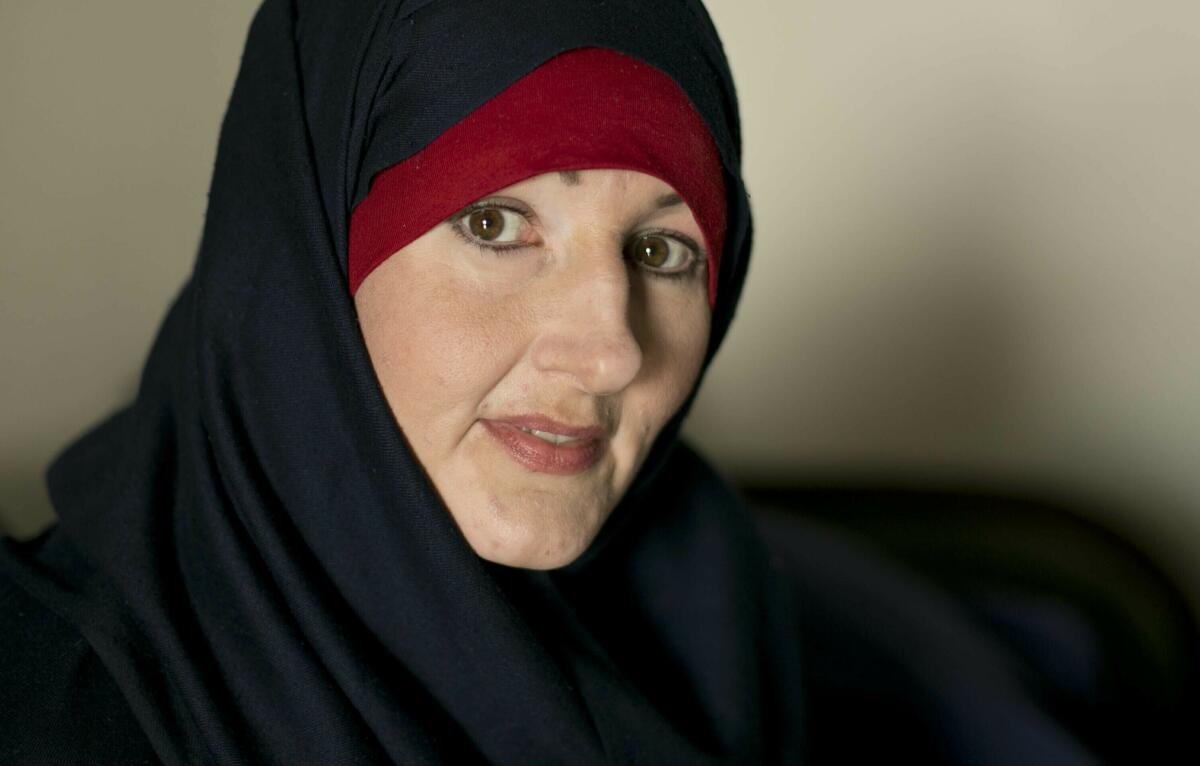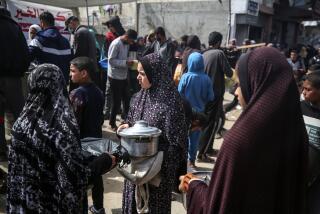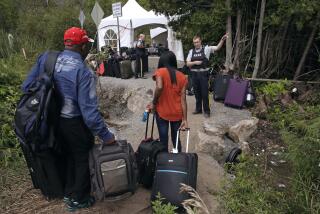Canada responds to claims it’s not helping citizens in Syria

BEIRUT — Canadian officials are working with Syrian Kurdish authorities and international organizations to gather information and help Canadian citizens being detained in Syria, a Canadian government spokesperson said Thursday.
Sabrina Williams, a spokesperson for Canada’s Ministry of Global Affairs, cautioned that her government’s ability to provide consular assistance in Syria is “extremely limited.”
Williams’ comments to the Associated Press came in response to accusations by Human Rights Watch that Canadian authorities were preventing a Canadian woman and a child detained in northeastern Syria from returning home for life-saving medical treatment.
The New York-based rights group identified the two “gravely ill” Canadians as Kimberly Polman, 49, and a child under age 12. It withheld further details about the child, who is not related to Polman, to protect their privacy.
The AP had met Polman this month at the Roj camp in Syria where she has been for three years. She looked tired and said she was suffering from kidney disease, high blood pressure and other problems. She also said she had contracted hepatitis four times while in the camp, as well as pneumonia.
Williams did not elaborate on what the Canadian government intends to do, saying that legally, “no further information can be disclosed.”
Nearly 50 Canadian nationals are stuck in camps in northeastern Syria. Some of them have been held even before the militant group Islamic State lost the last sliver of land in its self-declared caliphate in March 2019. More than half of Canadians held there are children, most under age 7, Human Rights Watch said.
They are among tens of thousands of women and children from about 60 countries being held by U.S.-backed Kurdish-led fighters in the camps. Many of them are wives, widows and children of Islamic State fighters.
A few countries have agreed to repatriate their citizens but many others, including Canada, have refused to do so.
More to Read
Sign up for Essential California
The most important California stories and recommendations in your inbox every morning.
You may occasionally receive promotional content from the Los Angeles Times.










